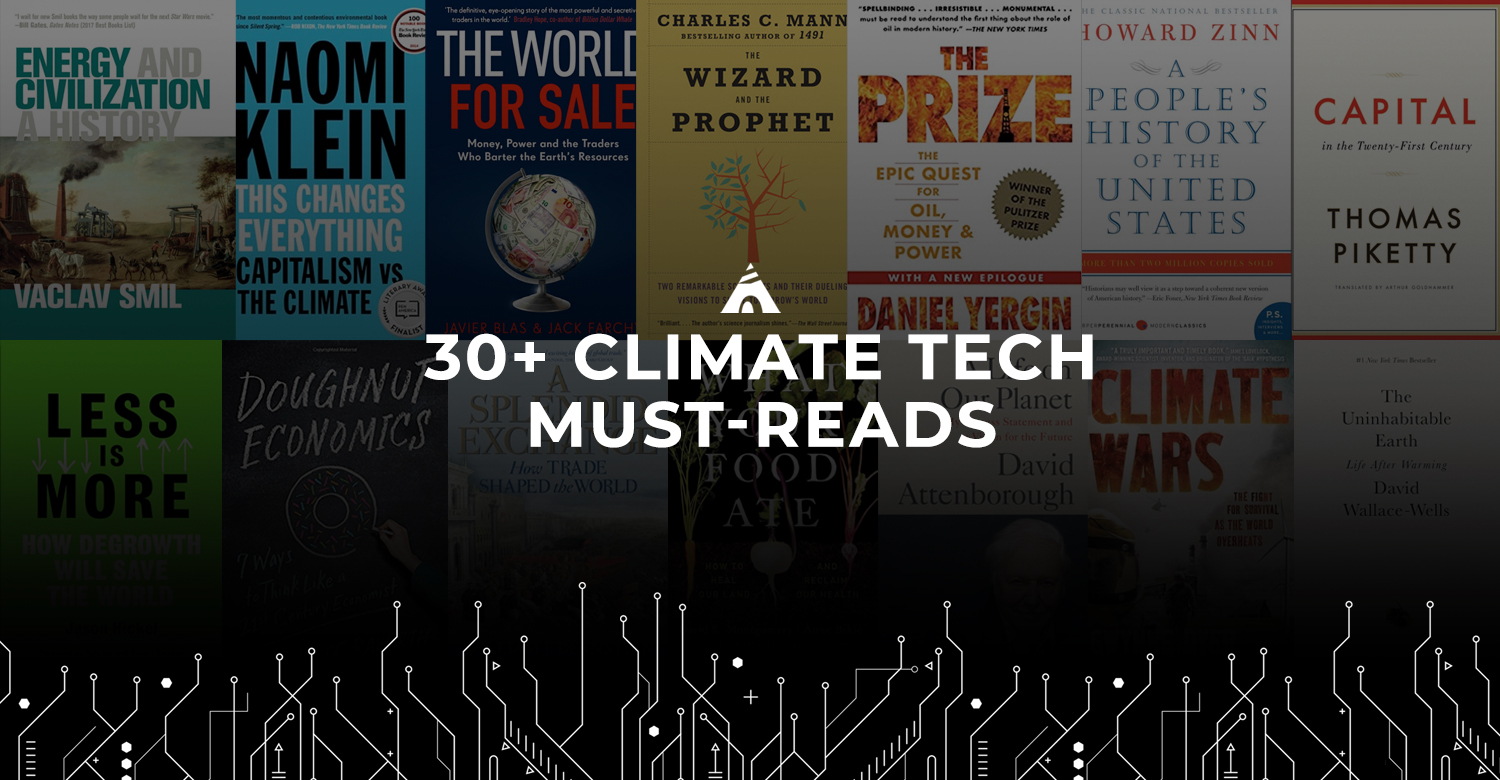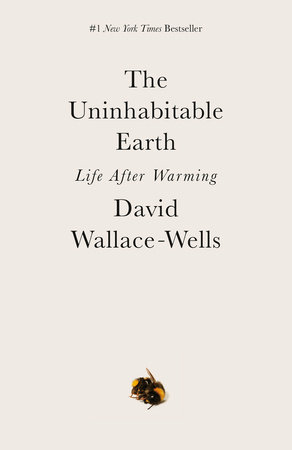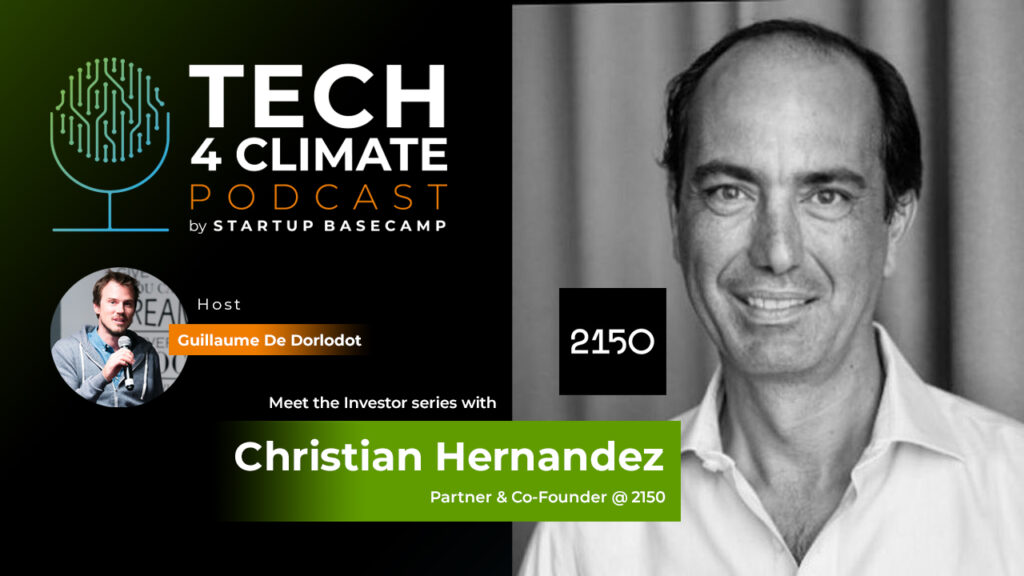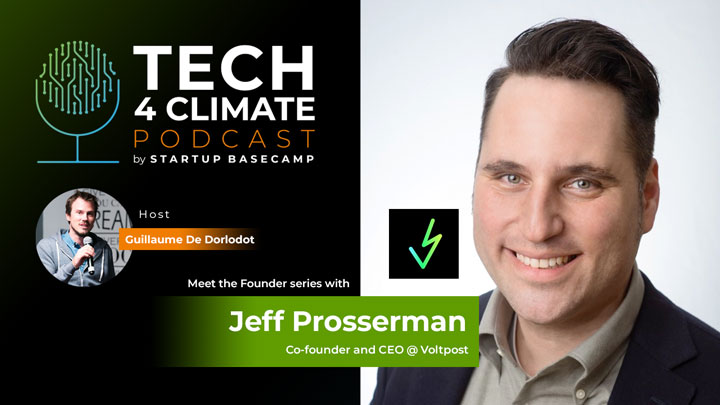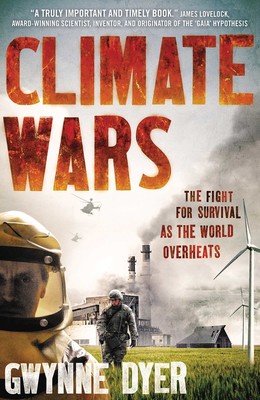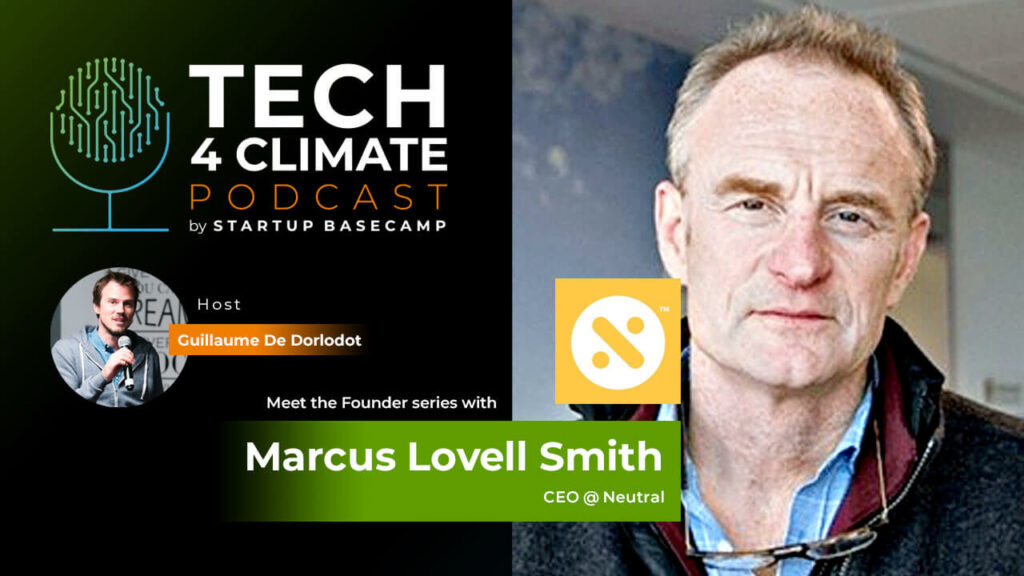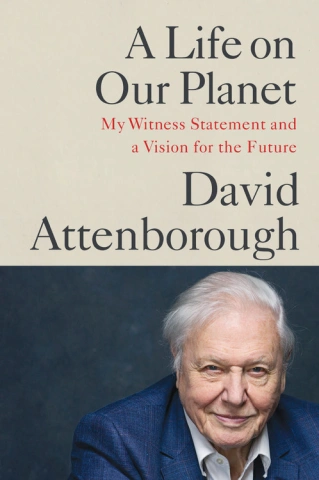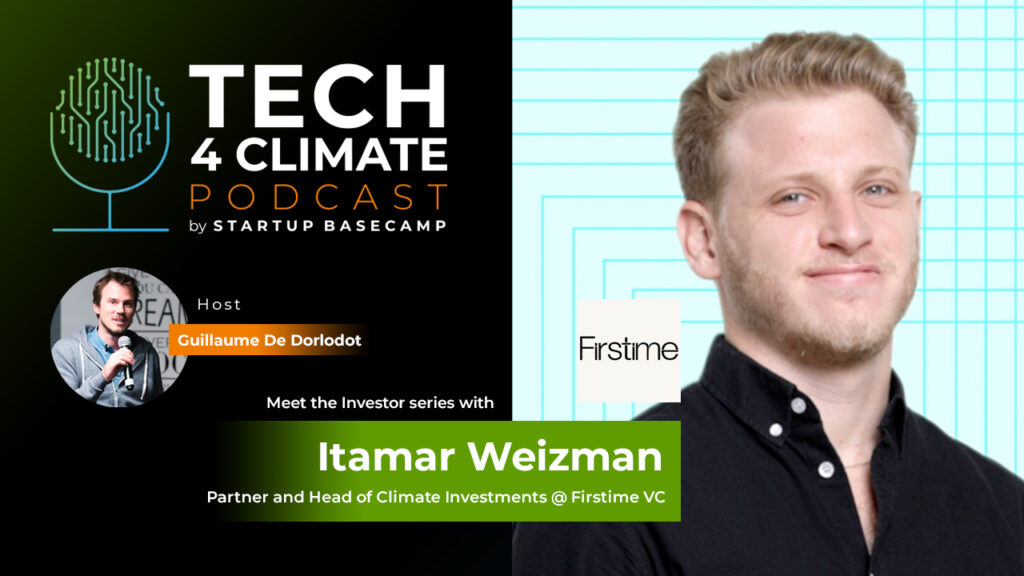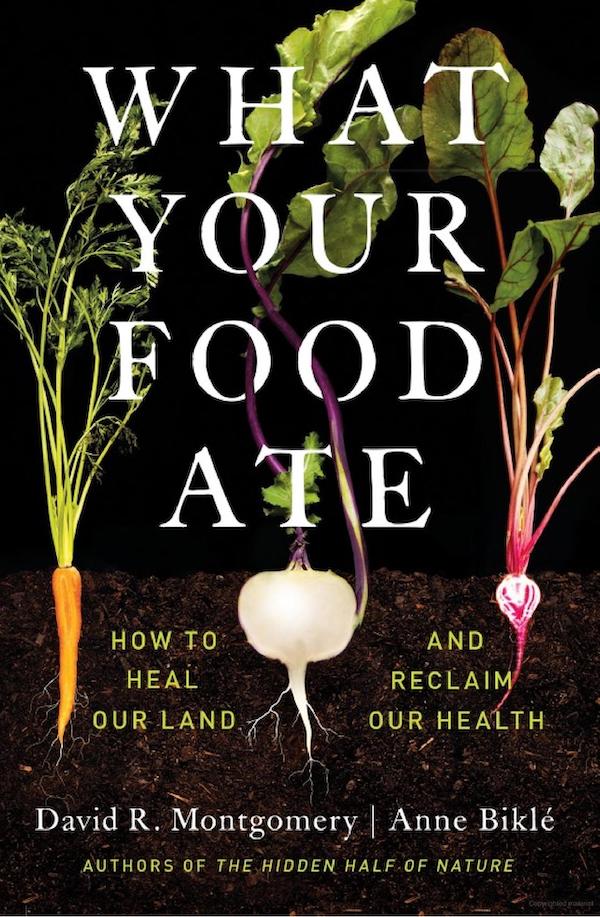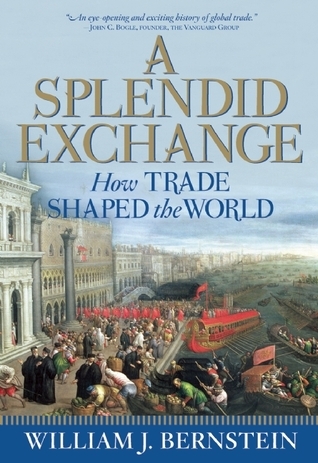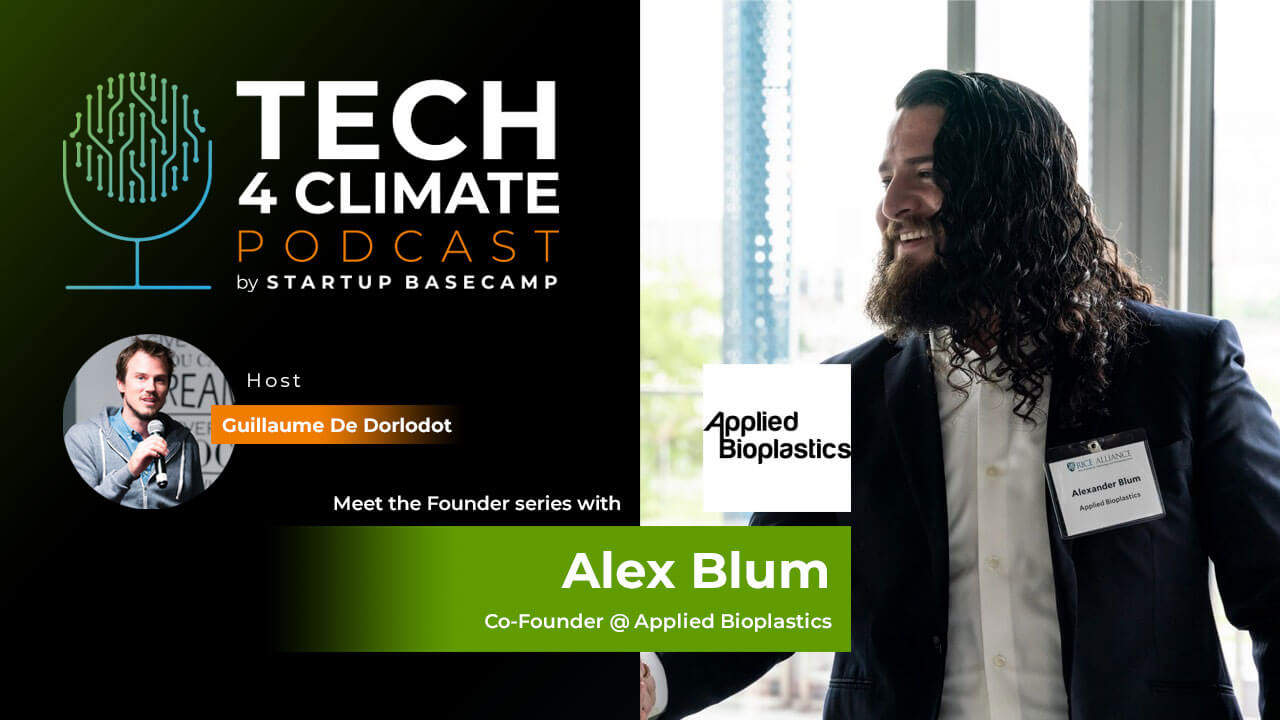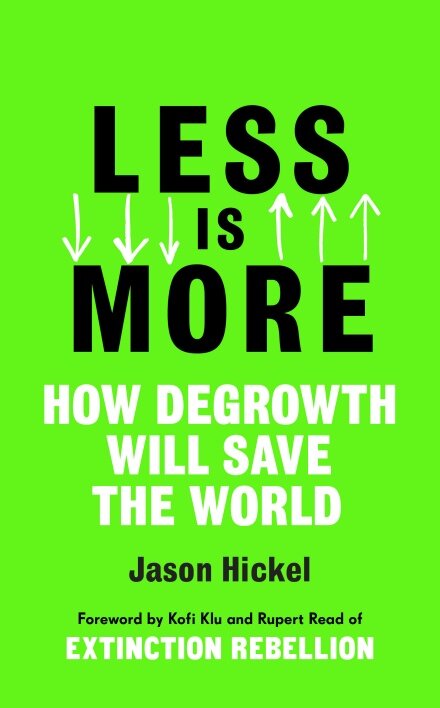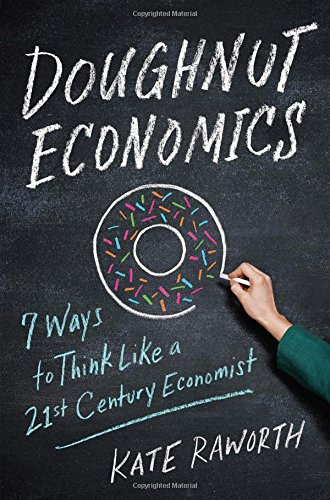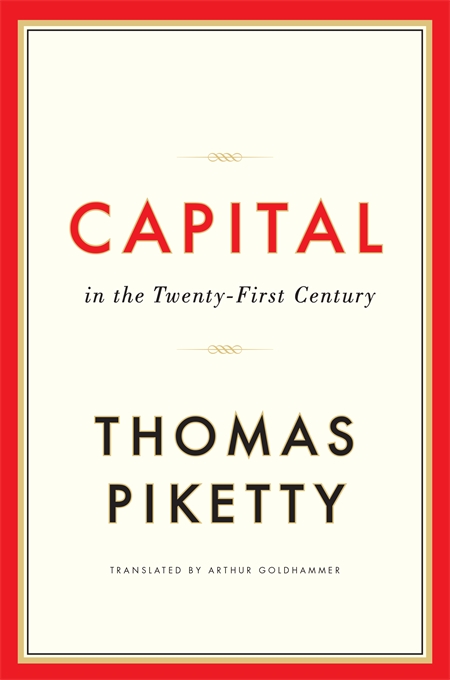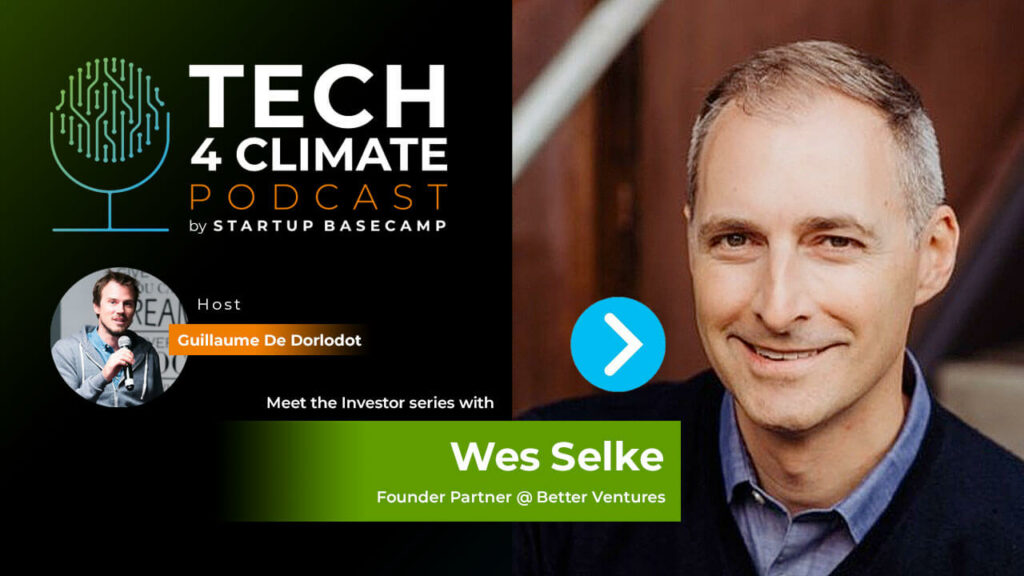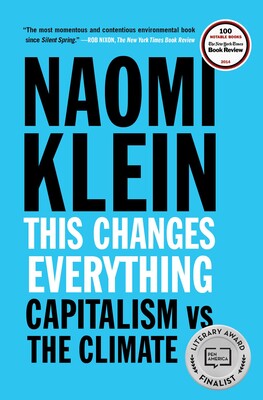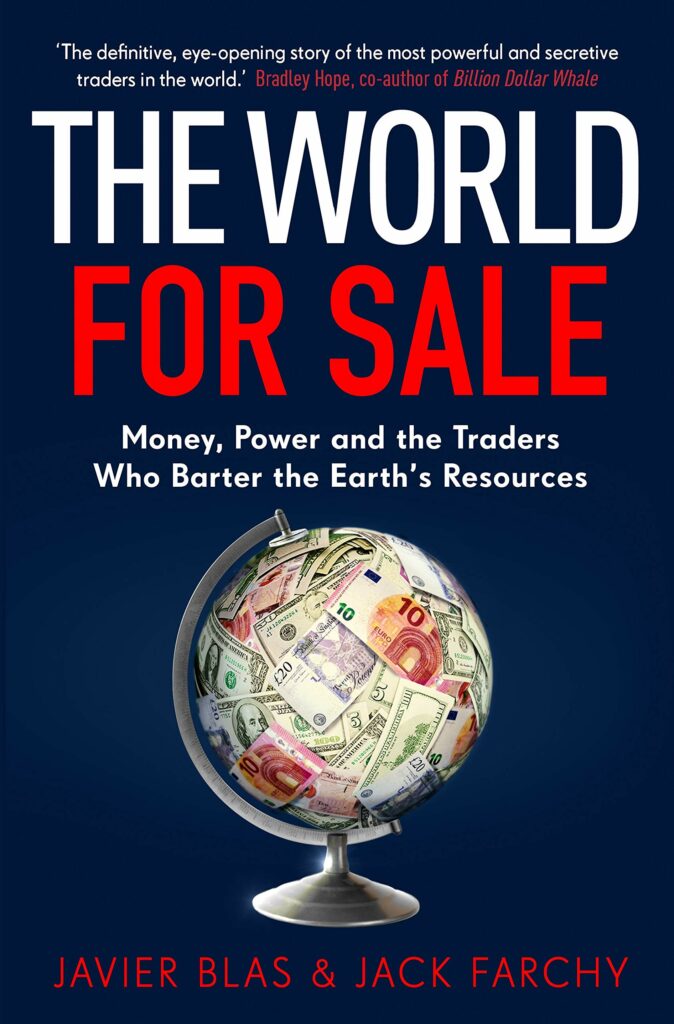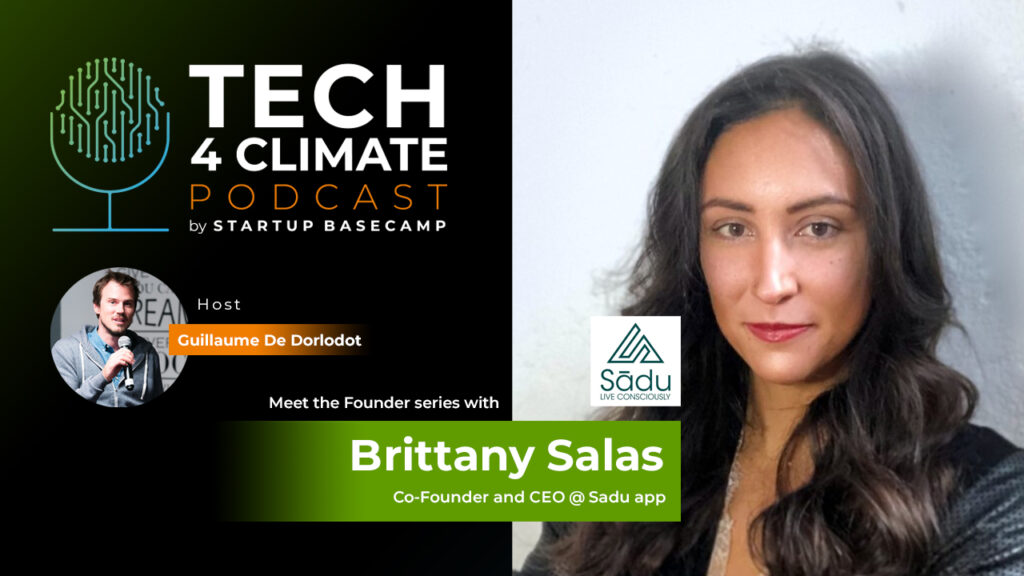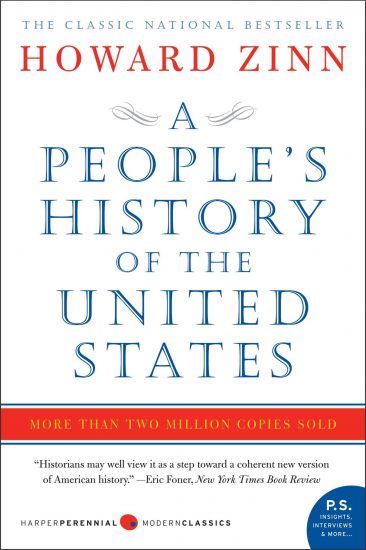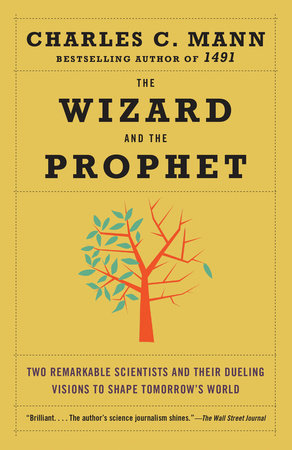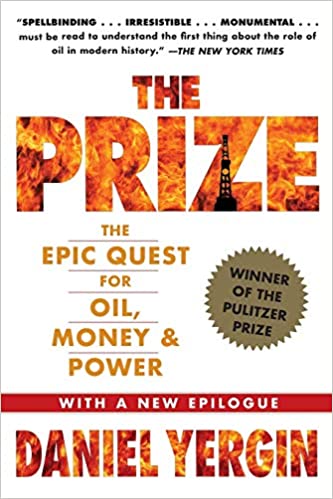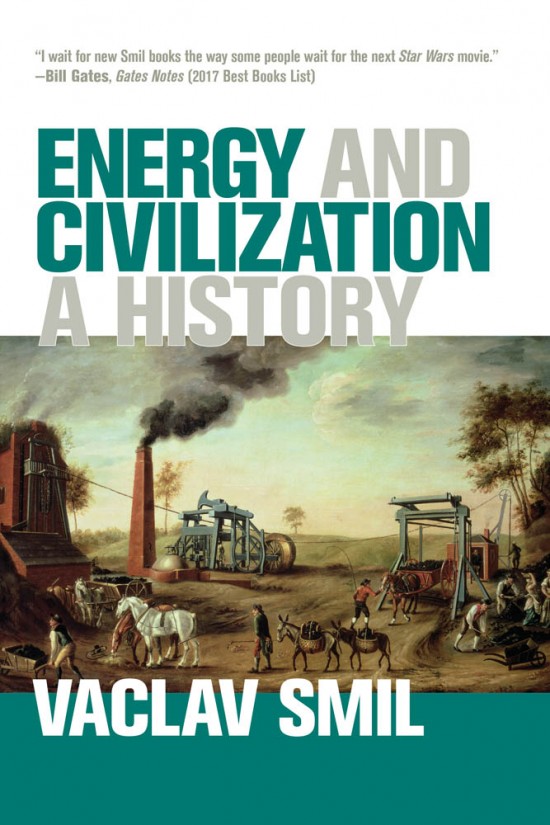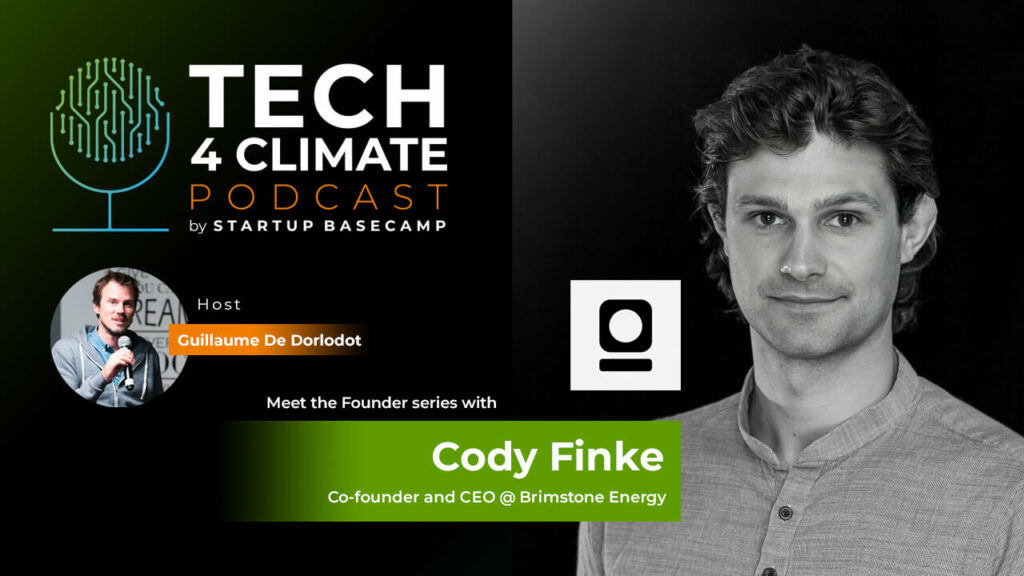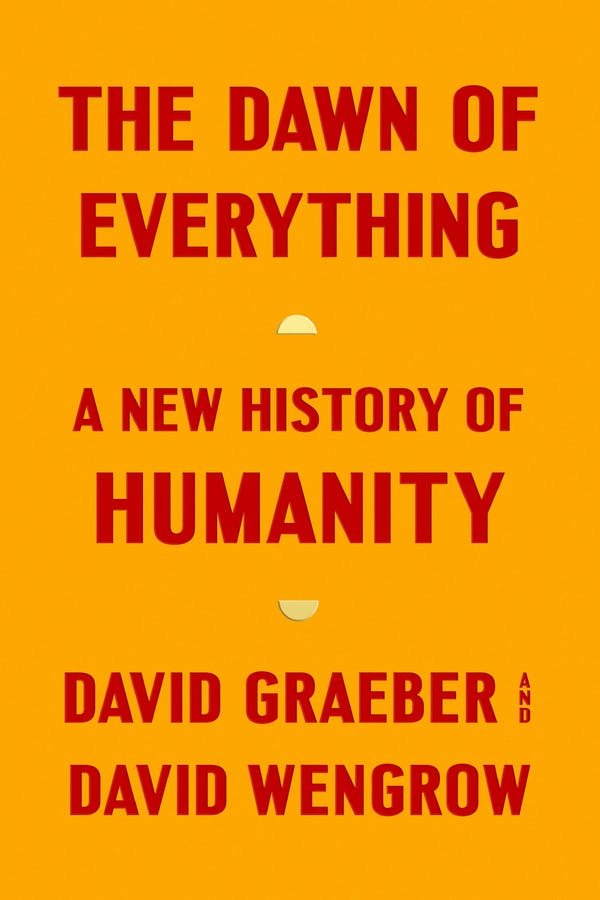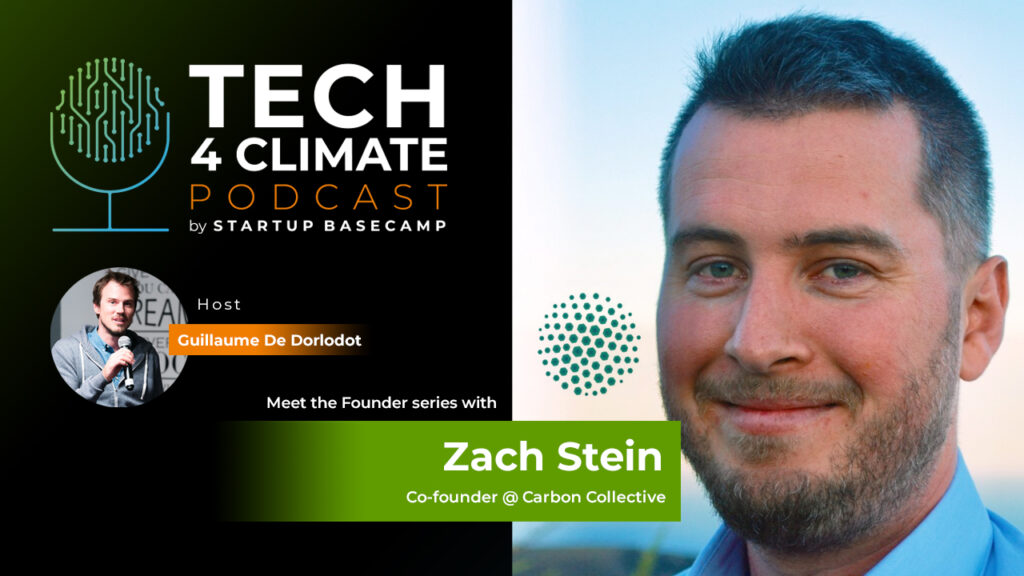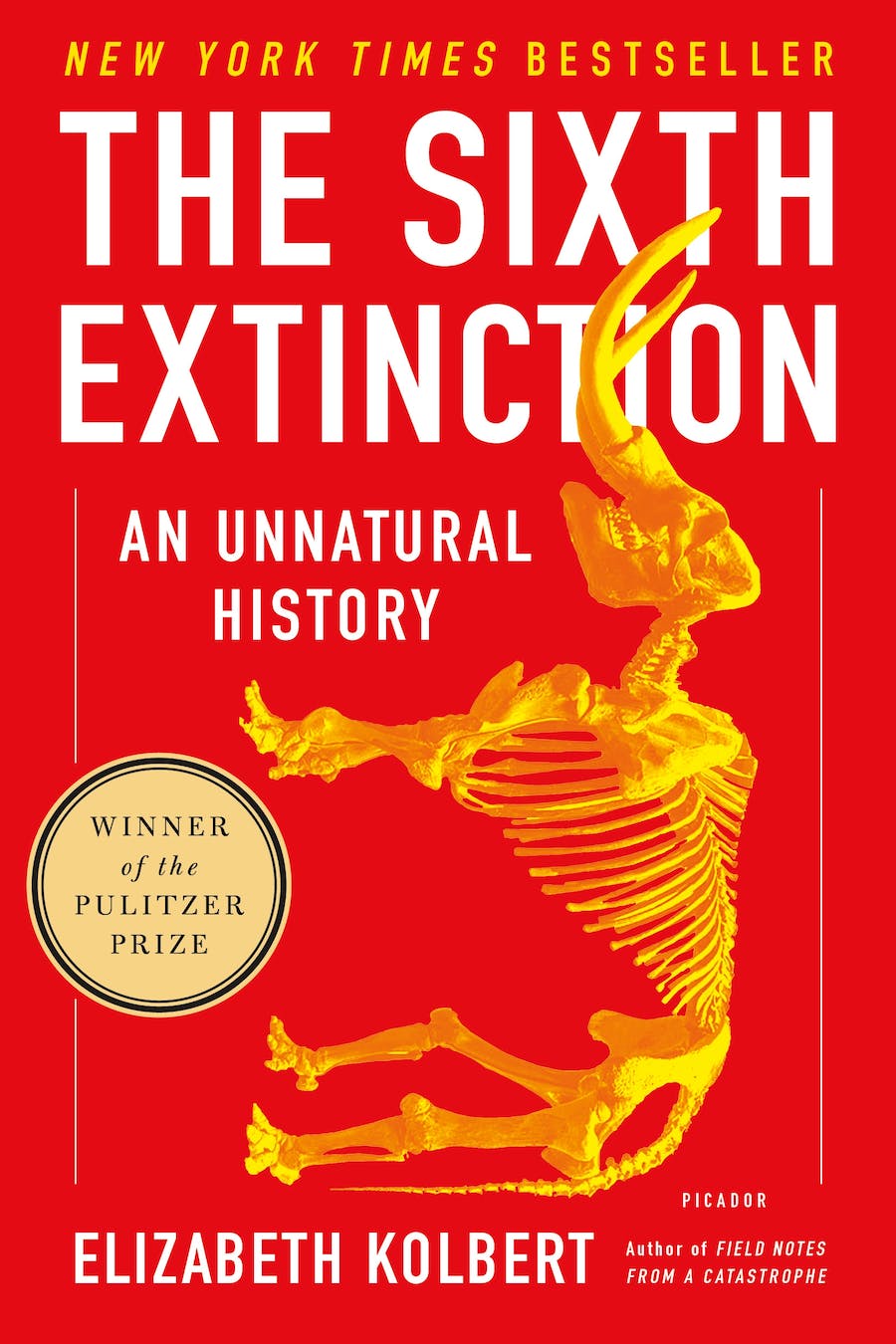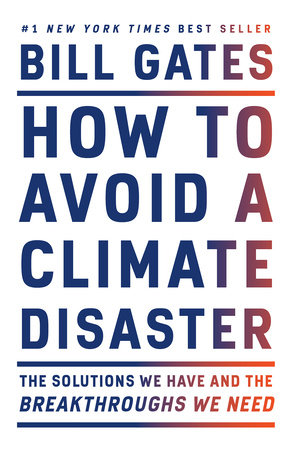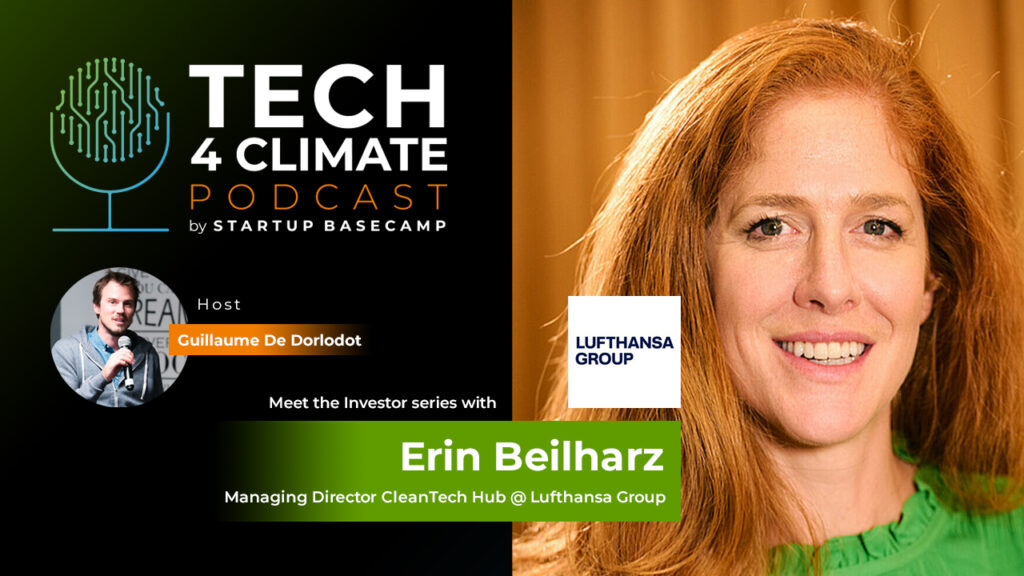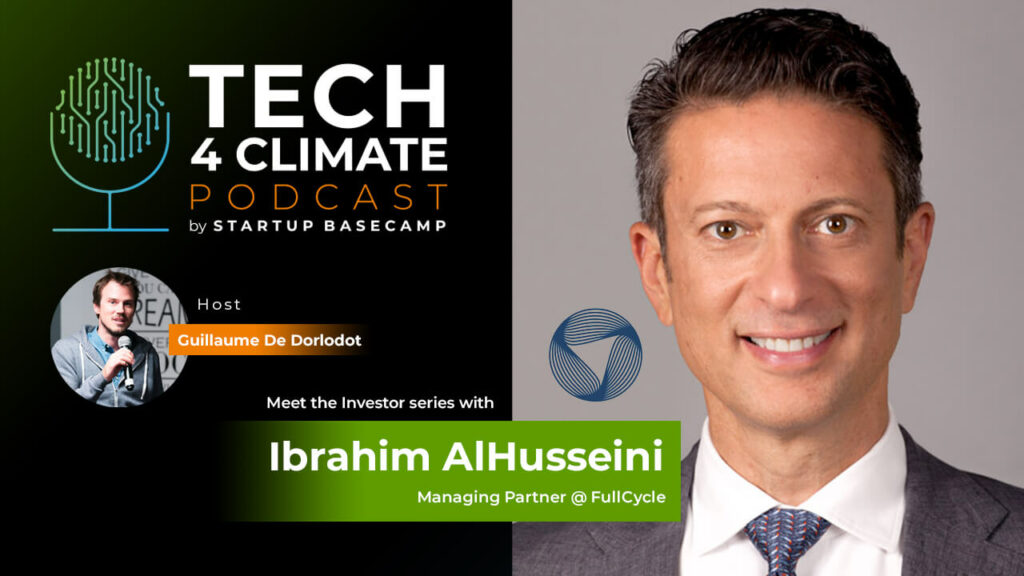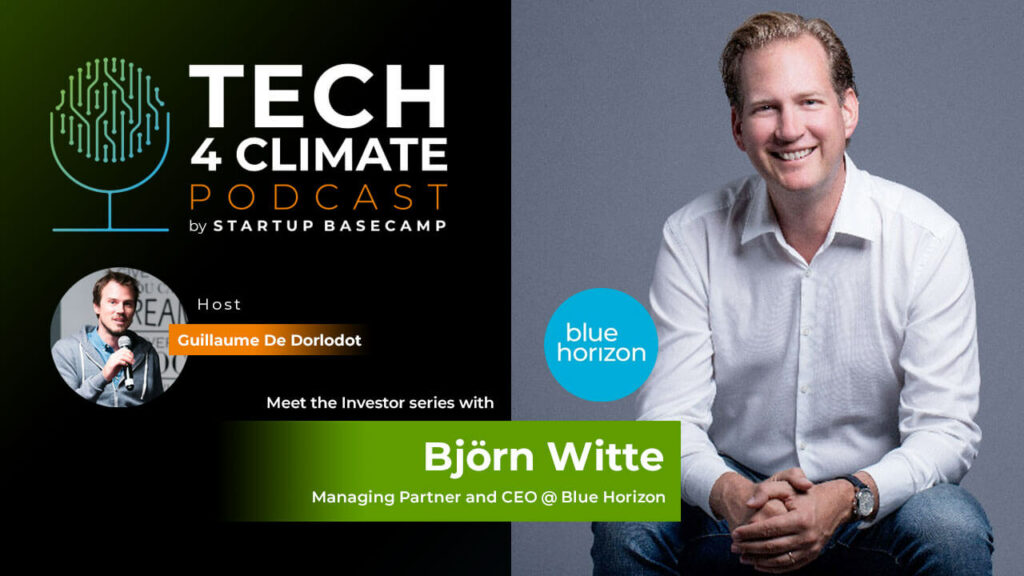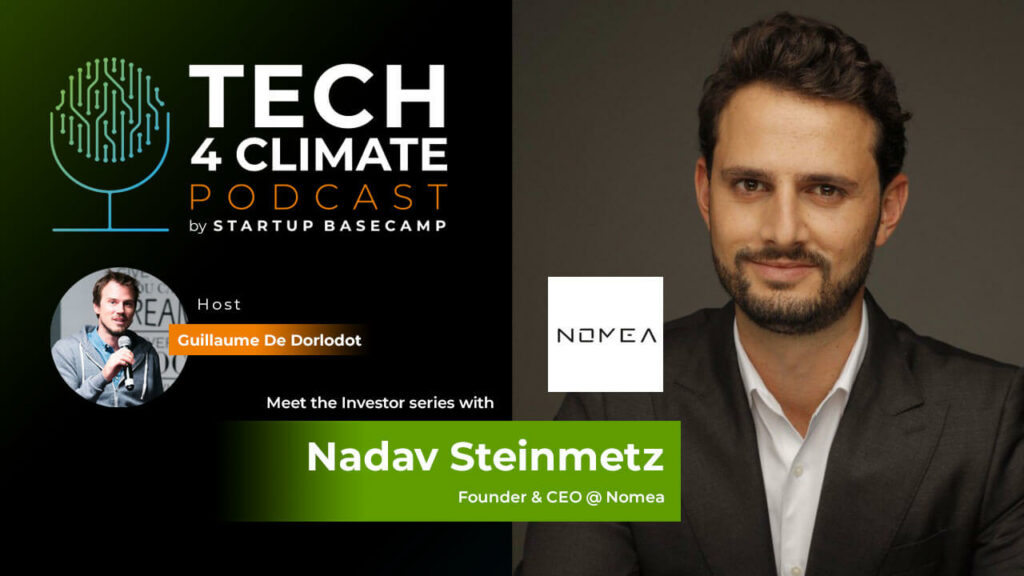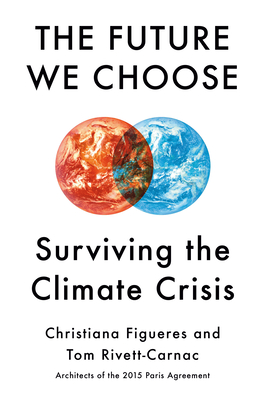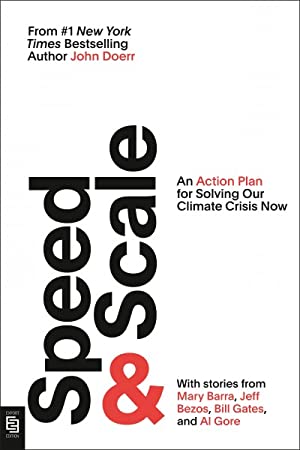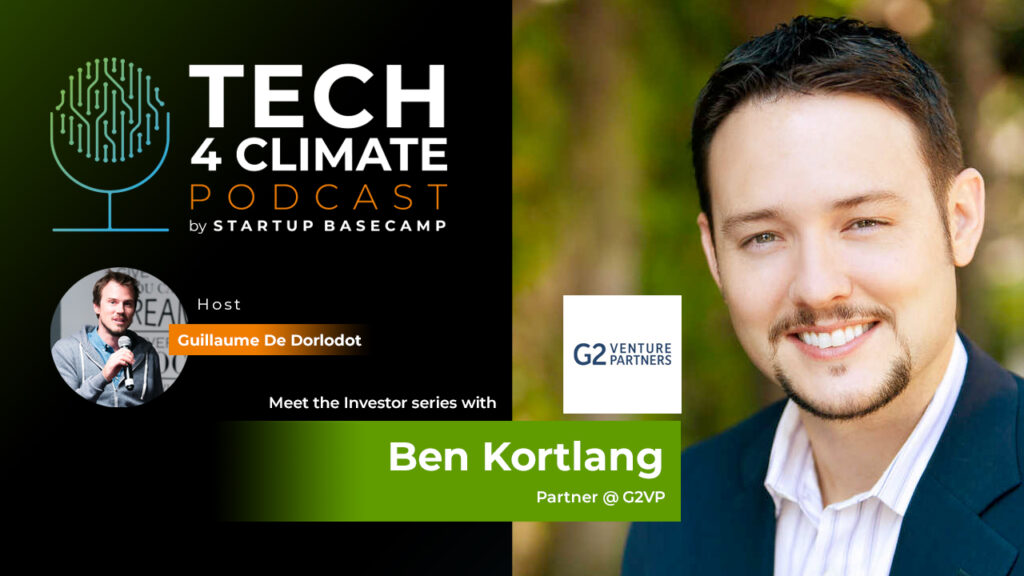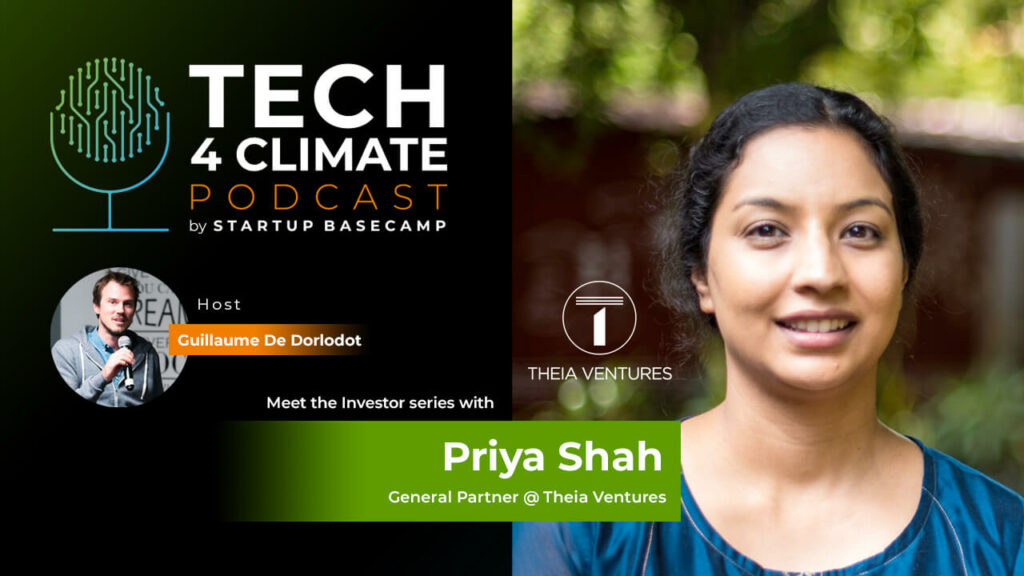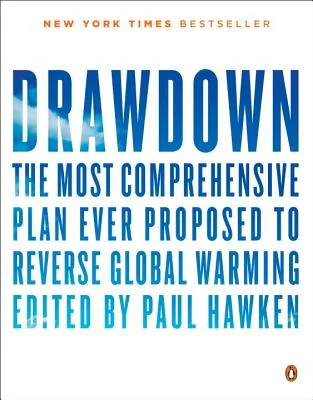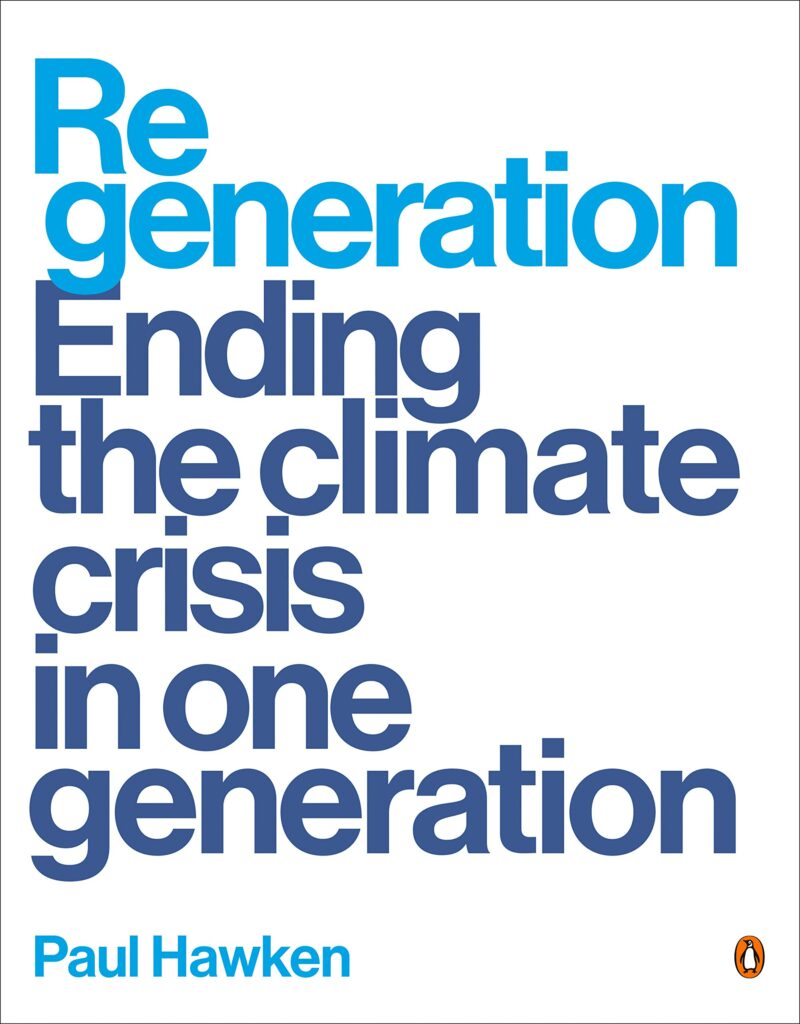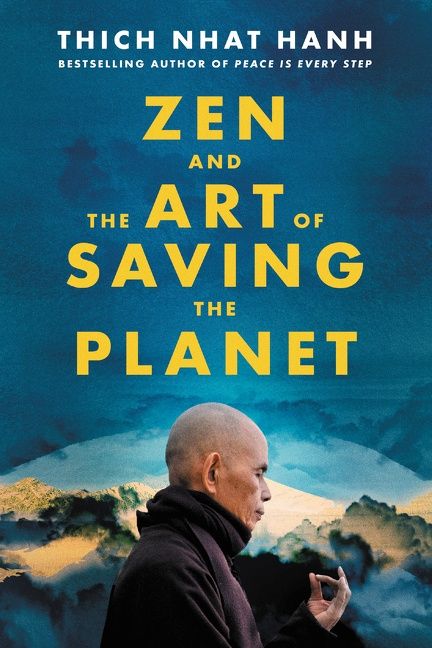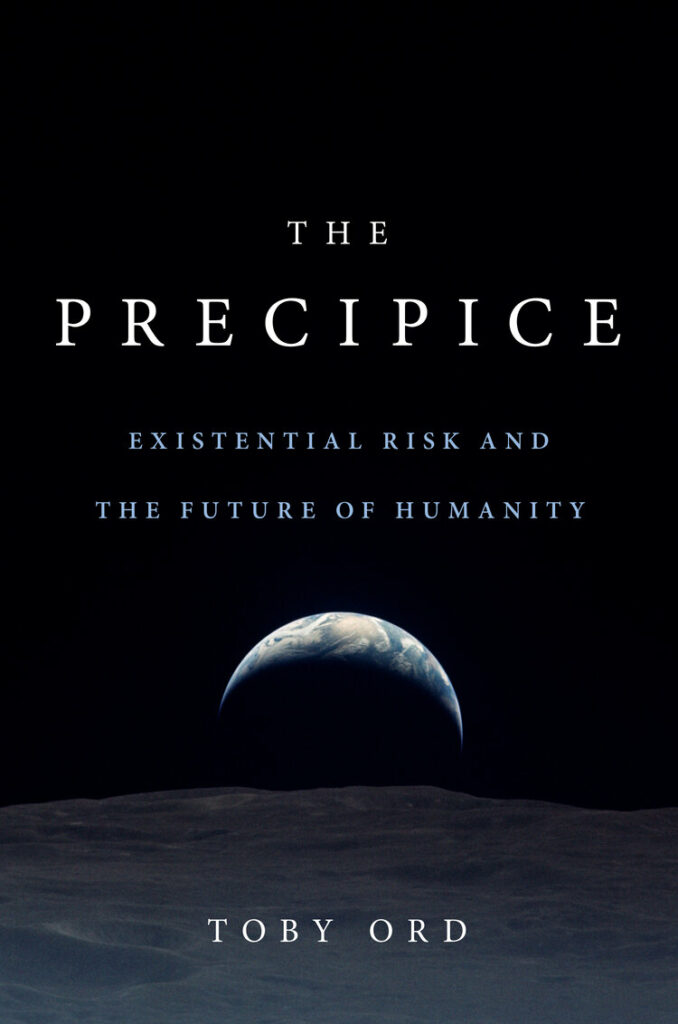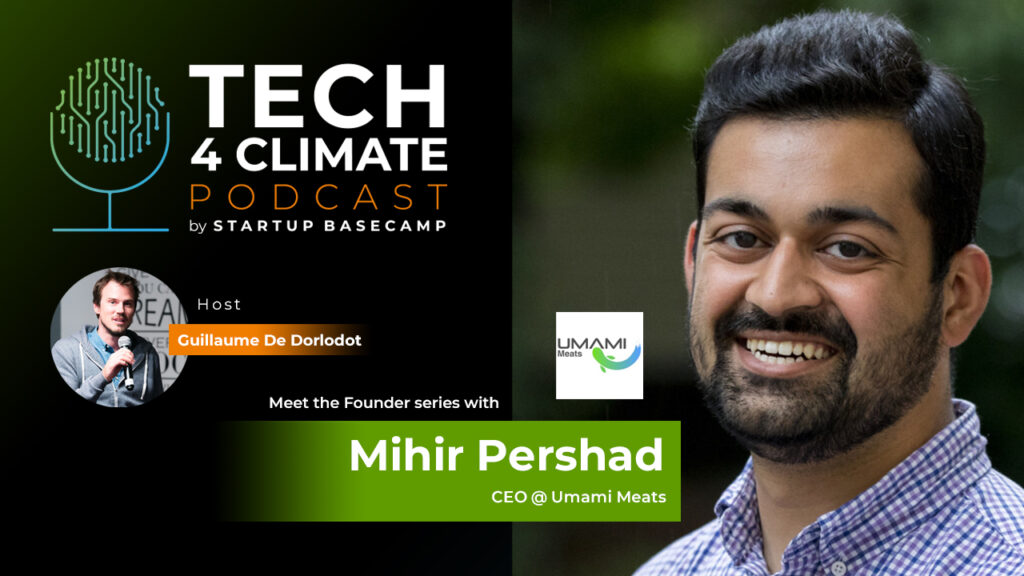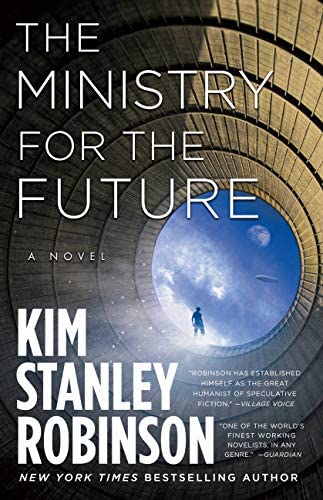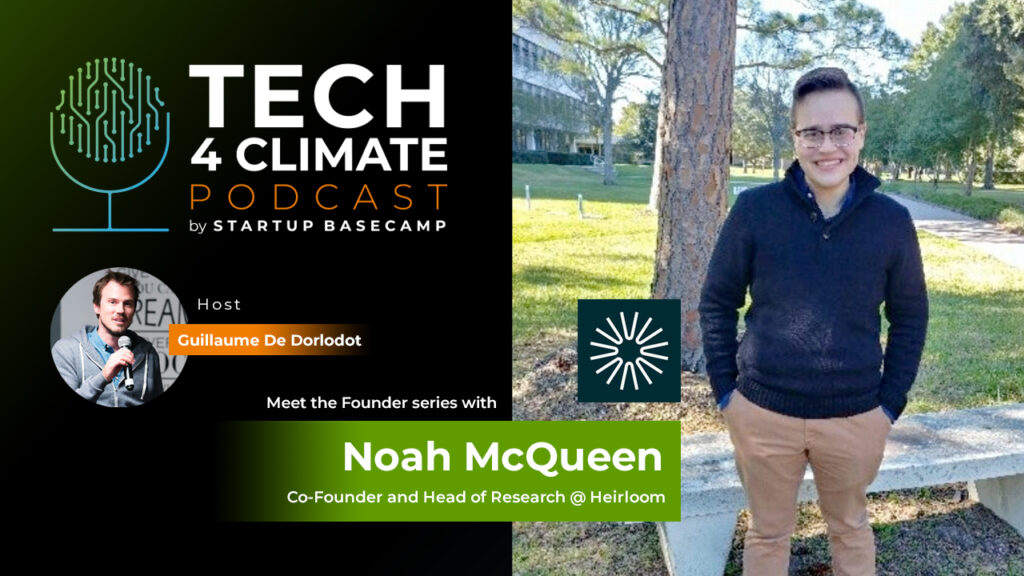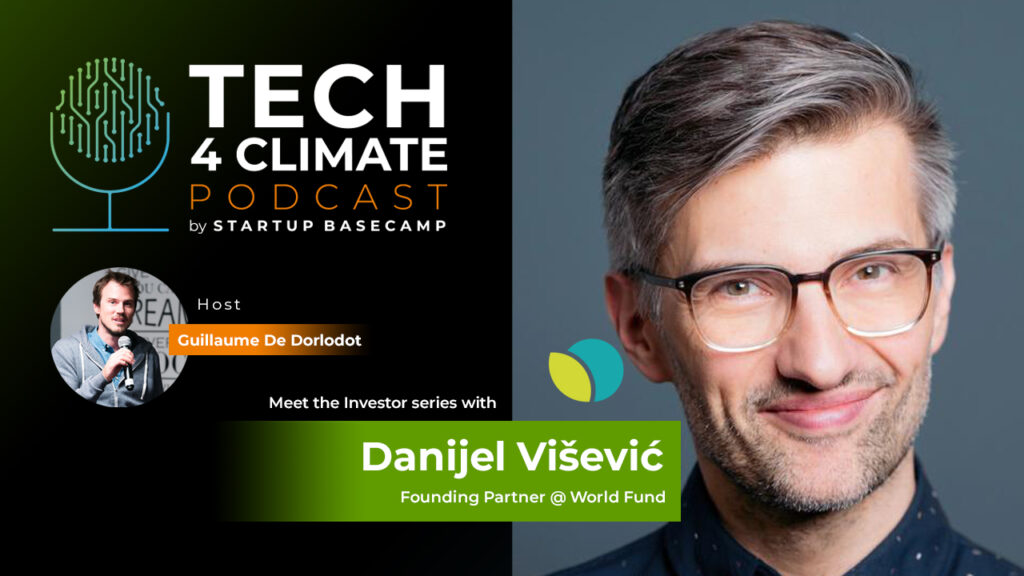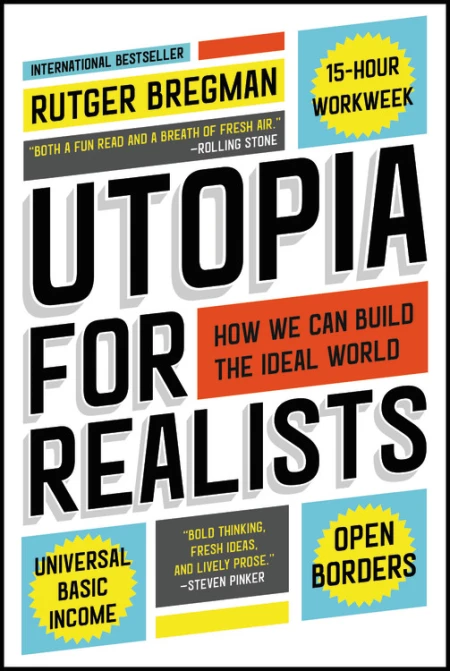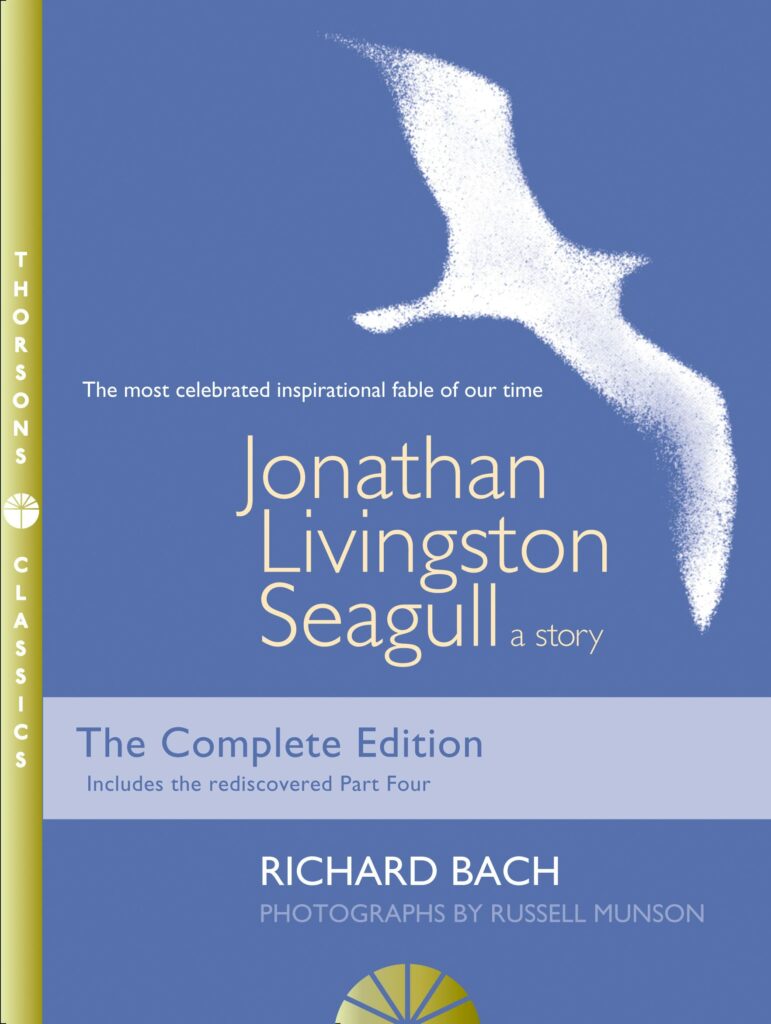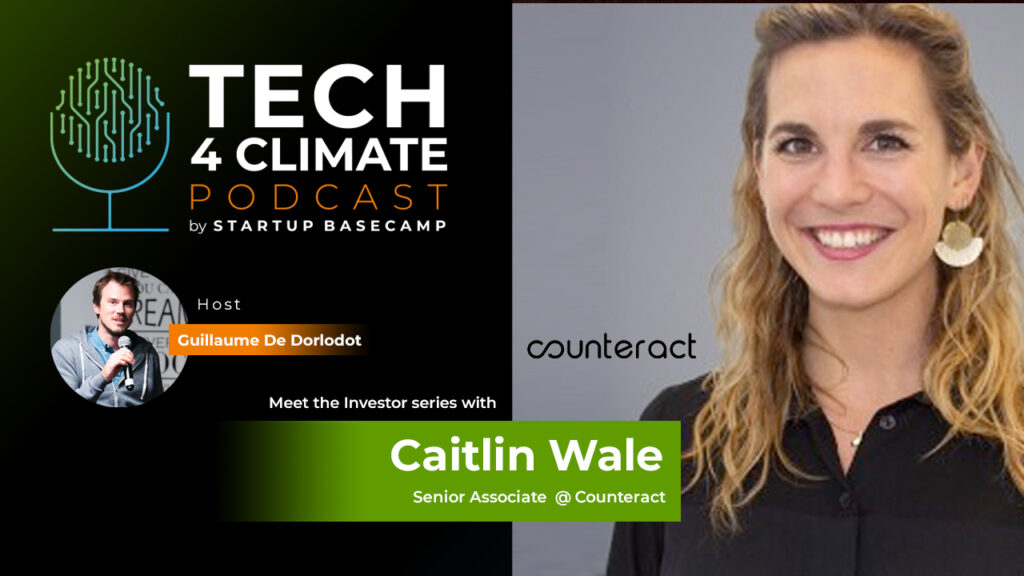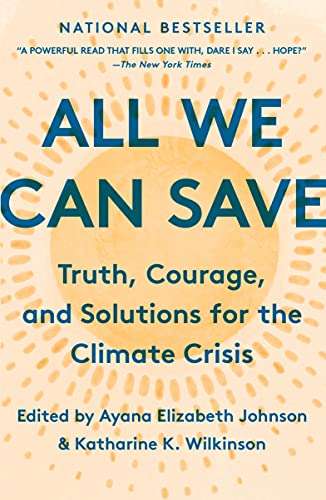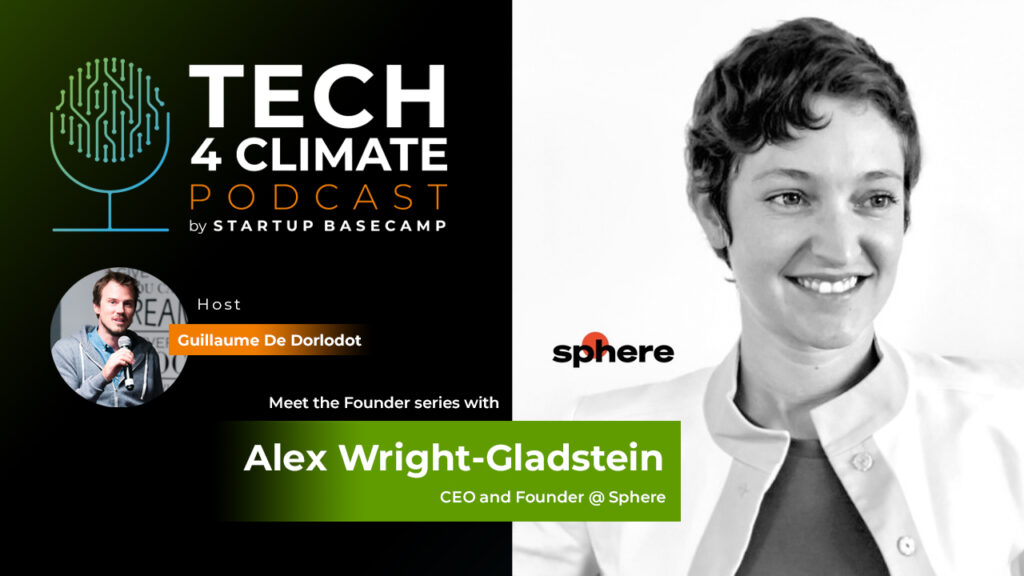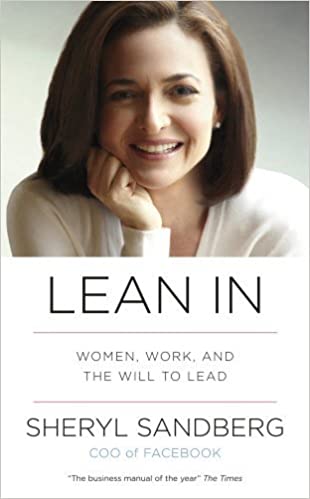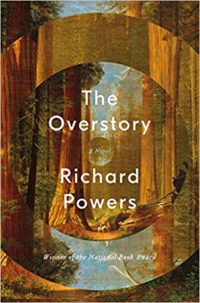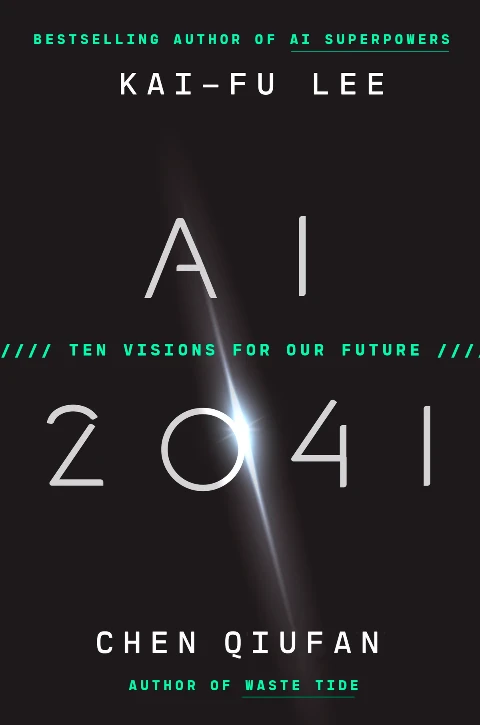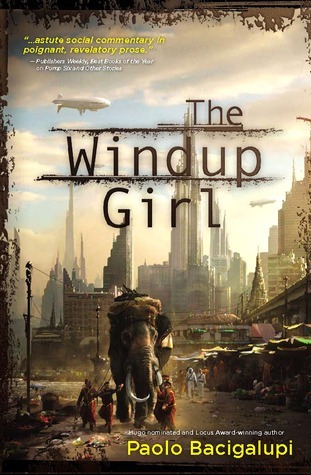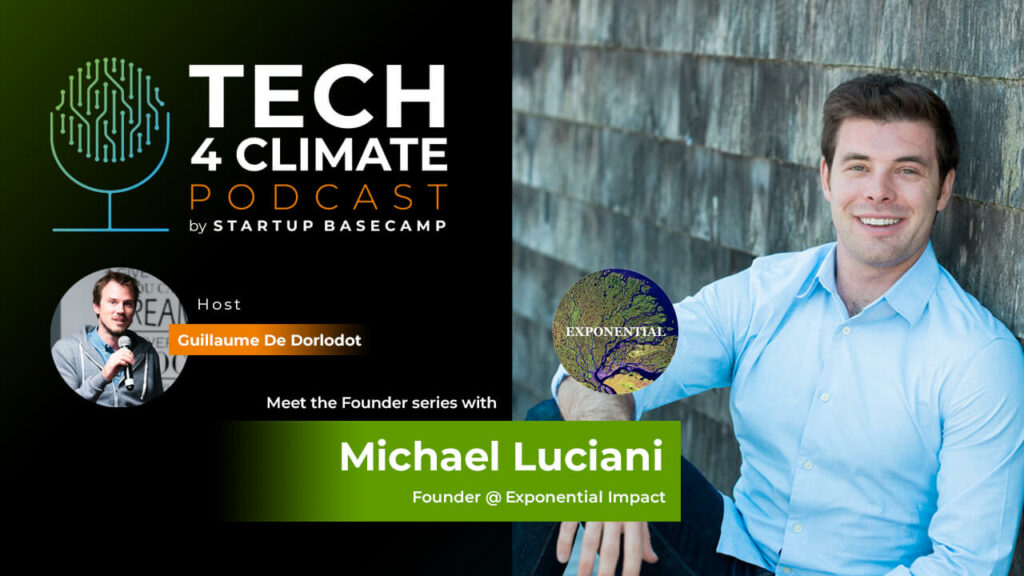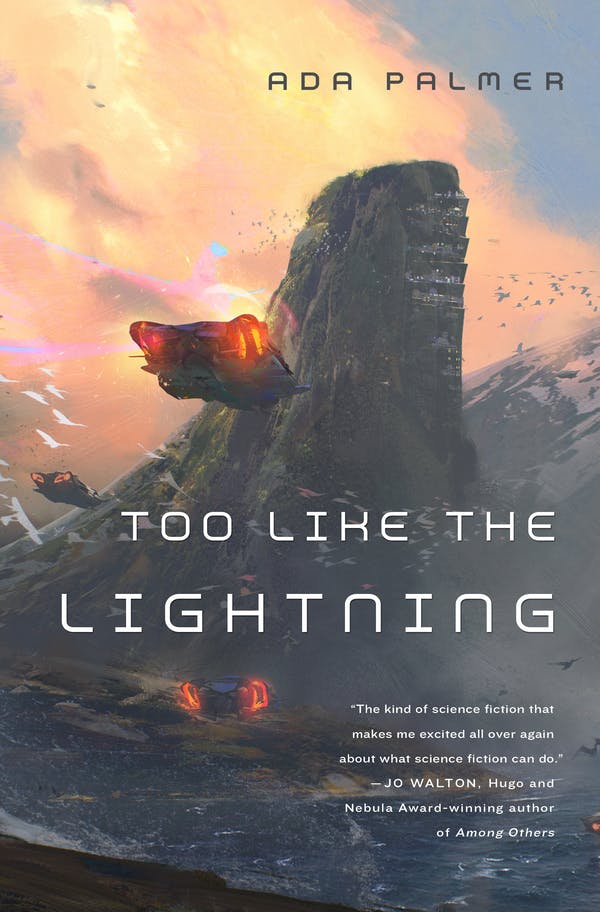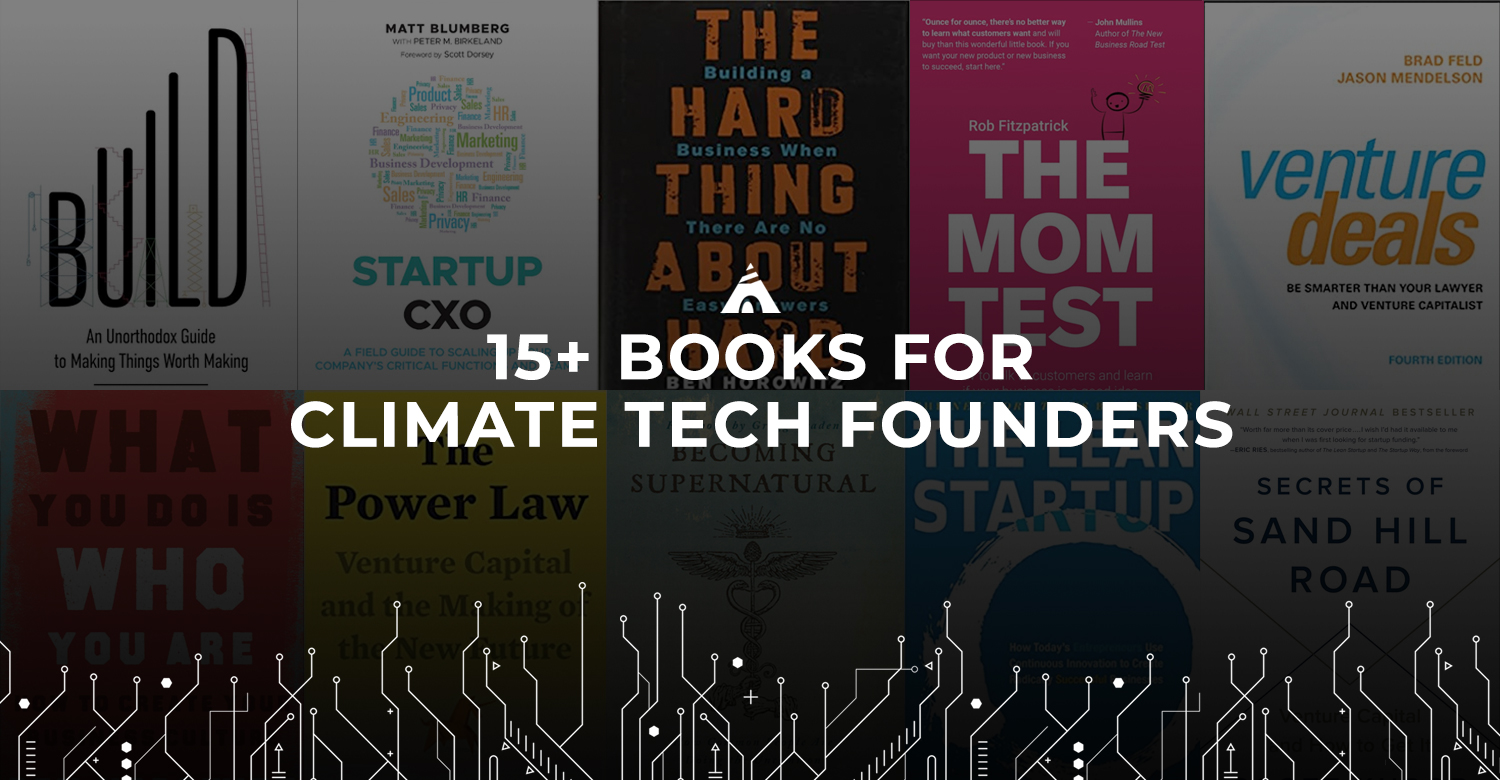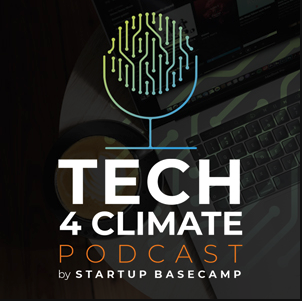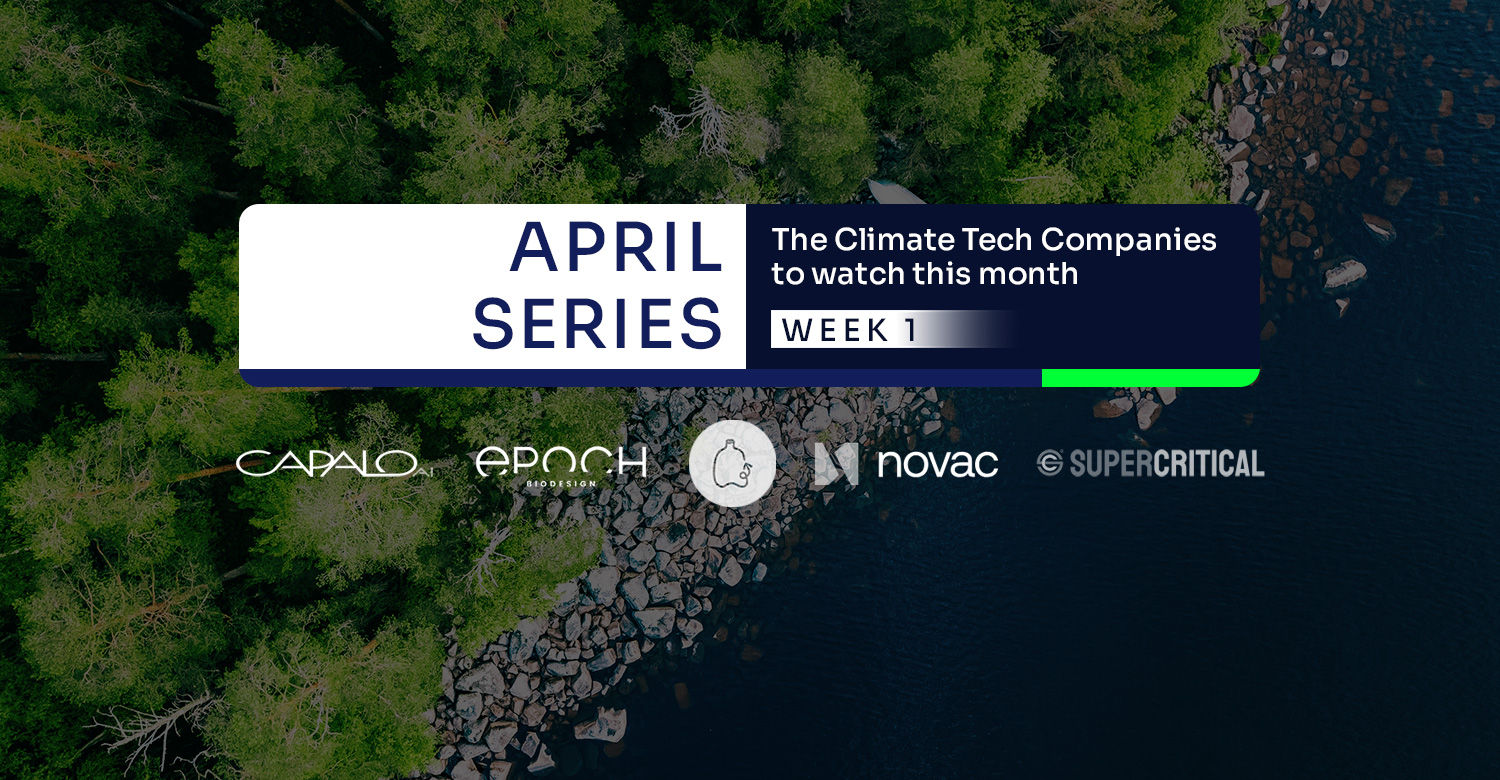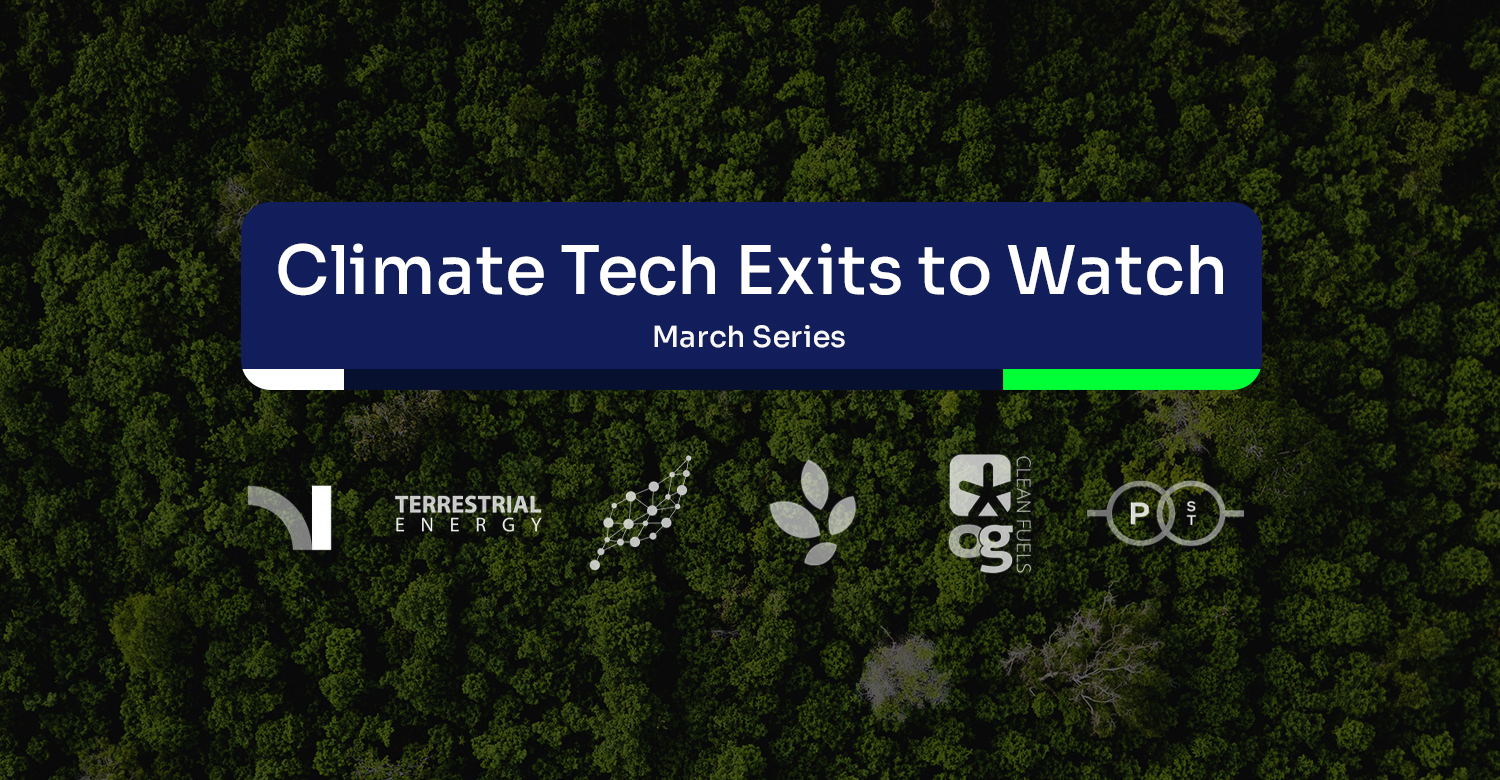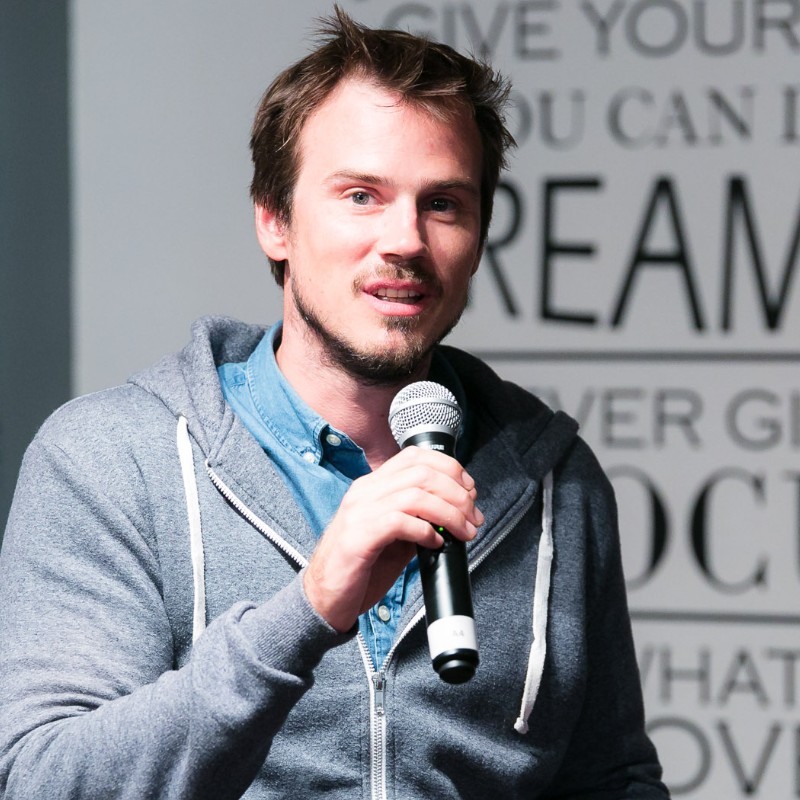Over the last year, Guillaume, our CEO has interviewed over 50 founders and investors and learned from their expertise and experience. He’s asked them about their careers, their views of the climate tech sector, and how they have built their startups or VC firms. Each podcast episode culminates with a Secret Sauce section only for members where Guillaume asks guests what tips they have for founders, how they manage a healthy work-life balance and their recommendations of 30+ climate tech must-reads
We have gone through and listened back to the 25 investors and founders who gave their book recommendations and compiled them according to the following categories:
We have also included some of the explanations the guests provided as to why they made these recommendations, but if you would like to hear more about what they have to say and why they encourage you to read these books, we’ve included links to individual episodes.
For founders, make sure to check out our separate post of 15+ Books for Climate Tech Founders
We hope these books can be of use to you in your climate journey.
With care,
The Startup Basecamp Team
🌎 The Climate Crisis
The Uninhabitable Earth – David Wallace-Wells
Both a travelogue of the near future and a meditation on how that future will look to those living through it, this book explores the ways that warming promises to transform global politics, the meaning of technology and nature in the modern world, the sustainability of capitalism and the trajectory of human progress. The Uninhabitable Earth is also an impassioned call to action.
Climate Wars – Gwynne Dyer
Dwindling resources. Massive population shifts. Natural disasters. Any of the expected consequences of climate change could – as Gwynne Dyer argues – tip the world towards chaos and conflict. Bold, unflinching, and based on extensive research, Climate Wars is an essential guide to the future of our planet that grippingly reveals just how far world powers are likely to go to ensure their own survival in an increasingly hostile environment.
A Life on our Planet – Sir David Attenborough
Attenborough has the reputation of being able to make journalistic explorations supremely interesting, and this book is no exception. He voyages down the decades of his life, beginning before World War II. He charts how natural biodiversity has been steadily lost and how humans have begun to manage the balance of the planet. To no one’s surprise, human management (started in the 1950s) has not gone well. As depressing as the early stages of this work are, the end offers specific remedies for our position.
What Your Food Ate – David R. Montgomery and Anne Biklé
David R. Montgomery and Anne Biklé take us far beyond the well-worn adage to deliver a new truth: the roots of good health start on farms. What Your Food Ate marshals evidence from recent and forgotten science to illustrate how the health of the soil ripples through to that of crops, livestock, and ultimately us. They show us why what’s good for the land is good for us, too. What Your Food Ate is a must-read for farmers, eaters, chefs, doctors, and anyone concerned with reversing the modern epidemic of chronic diseases and mitigating climate change.
📈 The Economics of Climate Change
A Splendid Exchange: How Trade Shaped the World – William J Bernstein
A sweeping narrative history of world trade – from Sumer in 3000 BC to the firestorm over globalization today – that brilliantly explores trade’s colorful and contentious past and provides fresh insights into social, political, cultural, and economic history, as well as a timely assessment of trade’s future.
Especially if you’re doing something that’s not digital, understanding the global history of trade can be surprisingly useful at times.
Less is More – Jason Hickel
Capitalism demands perpetual expansion, which is devastating the living world. There is only one solution that will lead to meaningful and immediate change: degrowth. But what about jobs? What about health? What about progress? This book tackles these questions and offers an inspiring vision for what a post-capitalist economy could look like. An economy that’s more just, more caring, and more fun.
Doughnut Economics – Kate Raworth
Raworth handpicks the best emergent ideas―from ecological, behavioral, feminist, and institutional economics to complexity thinking and Earth-systems science―to address this question: How can we turn economies that need to grow, whether or not they make us thrive, into economies that make us thrive, whether or not they grow?
Capital in the Twenty-First Century – Thomas Piketty
What are the grand dynamics that drive the accumulation and distribution of capital? Questions about the long-term evolution of inequality, the concentration of wealth, and the prospects for economic growth lie at the heart of political economy. But satisfactory answers have been hard to find for lack of adequate data and clear guiding theories. In Capital in the Twenty-First Century, Thomas Piketty analyzes a unique collection of data from twenty countries, ranging as far back as the eighteenth century, to uncover key economic and social patterns. His findings will transform debate and set the agenda for the next generation of thought about wealth and inequality.
Demonstrates how income inequality paired with climate change are the two main existential threats we face as a society.
This Changes Everything: Capitalism vs. Climate – Naomi Klein
In This Changes Everything Naomi Klein argues that climate change isn’t just another issue to be neatly filed between taxes and health care. It’s an alarm that calls us to fix an economic system that is already failing us in many ways. Klein meticulously builds the case for how massively reducing our greenhouse emissions is our best chance to simultaneously reduce gaping inequalities, re-imagine our broken democracies, and rebuild our gutted local economies. She exposes the ideological desperation of the climate-change deniers, the messianic delusions of the would-be geoengineers, and the tragic defeatism of too many mainstream green initiatives.
🔍 How We Got Here
The World for Sale – Javier Blas, Jack Farchy
Meet the traders who supply the world with oil, metal and food – no matter how corrupt, war-torn or famine-stricken the source. Two leading journalists lift the lid on one of the least scrutinised corners of the economy: the workings of the billionaire commodity traders who buy, hoard and sell the earth’s resources to explore how a handful of swashbuckling businessmen became indispensable cogs in global markets.
It gave a better understanding of commodities and the global economic system and how it relates to social and environmental wellbeing.
A People’s History of the United States – Howard Zinn
Known for its lively, clear prose as well as its scholarly research, A People’s History tells U.S. history from the point of view of — and in the words of — America’s women, factory workers, African-Americans, Native Americans, the working poor, and immigrant laborers. As historian Howard Zinn shows, many of our country’s greatest battles — the fights for a fair wage, an eight-hour workday, child-labor laws, health and safety standards, universal suffrage, women’s rights, racial equality — were carried out at the grassroots level, against bloody resistance.
It talks about where we have been and where we are going in terms of the relationship between capital and labor. Founders need to understand the power they wield over their labor force so they get more work out of them.
The Wizard and the Prophet – Charles C. Mann
From the best-selling, award-winning author of 1491 and 1493–an incisive portrait of the two little-known twentieth-century scientists, Norman Borlaug and William Vogt, whose diametrically opposed views shaped our ideas about the environment, laying the groundwork for how people in the twenty-first century will choose to live in tomorrow’s world.
The Prize – Daniel Yergin
The Prize recounts the panoramic history of the world’s most important resource: oil. It proves the unwavering significance of oil throughout the modern era by capturing the great economic and political clashes over precious “black gold.” The canvas of this narrative history is enormous—from the drilling of the first well in Pennsylvania through two great world wars to the Iraq invasion of Kuwait, Operation Desert Storm, the Iraq war and climate change. The definitive work on the subject of oil, The Prize is crucial to our understanding of world politics and the global economy today and tomorrow.
It’s fascinating to go back and understand how oil was discovered, how there was no use for it until the car was invented, and then how it took off and all the geopolitics and destruction that came because of it. For those that don’t want to read through all of it, there is an old documentary on YouTube in 8 parts. There is also a sequel that deals with China and the modern day called A New Map.
Energy and Civilization: A History – Vaclav Smil
A comprehensive account of how energy has shaped society throughout history, from pre-agricultural foraging societies through today’s fossil fuel–driven civilization. In this monumental history, Vaclav Smil provides a comprehensive account of how energy has shaped society, from pre-agricultural foraging societies through today’s fossil fuel–driven civilization.
The Dawn of Everything – David Graeber and David Wengrow
A dramatically new understanding of human history, challenging our most fundamental assumptions about social evolution—from the development of agriculture and cities to the origins of the state, democracy, and inequality—and revealing new possibilities for human emancipation. The Dawn of Everything fundamentally transforms our understanding of the human past and offers a path toward imagining new forms of freedom, new ways of organizing society.
It really challenges the ideal of a natural progression to western society and presents evidence that hunter gatherers were actually an incredibly rich society.
The Sixth Extinction – Elizabeth Kolbert
In prose that is at once frank, entertaining, and deeply informed, New Yorker writer Elizabeth Kolbert tells us why and how human beings have altered life on the planet in a way no species has before. Interweaving research in half a dozen disciplines, descriptions of the fascinating species that have already been lost, and the history of extinction as a concept, Kolbert provides a moving and comprehensive account of the disappearances occurring before our very eyes. She shows that the sixth extinction is likely to be mankind’s most lasting legacy, compelling us to rethink the fundamental question of what it means to be human.
It’s a great overview that paints a picture from the beginning of time until today.
💪 The Climate Challenge
How to Avoid a Climate Disaster – Bill Gates
With the help of experts in the fields of physics, chemistry, biology, engineering, political science, and finance, Bill Gates has focused on what must be done in order to stop the planet’s slide to certain environmental disaster and gives a clear-eyed description of the challenges we face.
This book was recommended by five investors. See why they recommend it:
It provides a good look at where we are civilizationally and at a macro level, how we should solve this problem going forward and where some of the main challenges are. It helps take a few steps back and give context.
The Future We Choose: Surviving the Climate Crisis – Christiana Figueres, Tom Rivett-Carnac
In The Future We Choose, Christiana Figueres and Tom Rivett-Carnac–who led negotiations for the United Nations during the historic Paris Agreement of 2015–have written a cautionary but optimistic book about the world’s changing climate and the fate of humanity. The authors outline two possible scenarios for our planet. In one, they describe what life on Earth will be like by 2050 if we fail to meet the Paris climate targets. In the other, they lay out what it will be like to live in a carbon neutral, regenerative world.
Speed & Scale – John Doerr
With clear-eyed realism and an engineer’s precision, Doerr lays out the practical actions, global ambitions, and economic investments we need to avert climate catastrophe. Guided by real-world solutions, Speed & Scale features unprecedented, firsthand accounts from climate leaders and dozens of intrepid policymakers, innovators, and scientists.In Speed & Scale, Doerr presents a compelling 10-step plan to cut greenhouse gas emissions to net zero by 2050–the global goal we need to reach to ensure a livable Earth for generations to come.
Drawdown – Paul Hawken ed.
Drawdown has become a seminal text on climate solutions, drawing on humanity’s collective wisdom about the practices and technologies that can begin to reverse the buildup of atmospheric carbon by mid-century. The material contained within the pages of Drawdown has influenced university curricula, city climate plans, commitments by businesses, community action, philanthropic strategy, and more.
Regeneration – Paul Hawken
Our approach to reversing climate change differs from other proposals. It is based on the idea of regeneration. We do not oppose other strategies and plans. To the contrary, we praise and are grateful for all approaches. Our concern is simple: most people in the world remain disengaged, and we need a way forward that engages the majority of humanity. Regeneration is an inclusive and effective strategy compared to combating, fighting, or mitigating climate change.
Zen and the art of Saving the Planet – Thich Nhat Hanh
We face a potent intersection of crises: ecological destruction, rising inequality, racial injustice, and the lasting impacts of a devastating pandemic. The situation is beyond urgent. To face these challenges, we need to find ways to strengthen our clarity, compassion, and courage to act.Beloved Zen Master Thich Nhat Hanh is blazingly clear: there’s one thing we all have the power to change, which can make all the difference, and that is our mind.
The Precipice – Toby Ord
The Precipice explores the science behind the risks we face. It puts them in the context of the greater story of humanity: showing how ending these risks is among the most pressing moral issues of our time. And it points toward longtermism — to the actions and strategies we can take today to safeguard humanity’s long-run future.
🚀 Inspirational Reads
Ministry for the Future – Kim Stanley Robinson
Told entirely through fictional eye-witness accounts, The Ministry For The Future is a masterpiece of the imagination, the story of how climate change will affect us all over the decades to come. Its setting is not a desolate, post-apocalyptic world, but a future that is almost upon us – and in which we might just overcome the extraordinary challenges we face.
Utopia for Realists – Rutger Bregman
Utopia for Realists is one of those rare books that takes you by surprise and challenges what you think can happen. From a Canadian city that once completely eradicated poverty, to Richard Nixon’s near implementation of a basic income for millions of Americans, Bregman takes us on a journey through history, and beyond the traditional left-right divides, as he champions ideas whose time have come.
Jonathan Livingston Seagull – Richard Bach, Russell Munson (Photographer)
Jonathan Livingston Seagull is no ordinary bird. He believes it is every gull’s right to fly, to reach the ultimate freedom of challenge and discovery, finding his greatest reward in teaching younger gulls the joy of flight and the power of dreams. This is a story for people who follow their hearts and make their own rules…people who know there’s more to this living than meets the eye: they’ll be right there with Jonathan, flying higher than ever they dreamed.
All We Can Save – Edited by Ayana Elizabeth Johnson and Katharine Wilkinson
This bestselling anthology of consists of writings by 60 women at the forefront of the climate movement who are harnessing truth, courage, and solutions to lead humanity forward. Intermixing essays with poetry and art, this book is both a balm and a guide for knowing and holding what has been done to the world, while bolstering our resolve never to give up on each other or our collective future.
Lean In – Sheryl Sandberg
Sheryl shares her personal stories, uses research to shine a light on gender differences, and offers practical advice to help women achieve their goals. The book challenges us to change the conversation from what women can’t do to what we can do, and serves as a rallying cry for us to work together to create a more equal world.
🤖 Fiction Recommendations
The Overstory – Richard Powers
From the roots to the crown and back to the seeds, Richard Powers’s twelfth novel unfolds in concentric rings of interlocking fables that range from antebellum New York to the late twentieth-century Timber Wars of the Pacific Northwest and beyond.
It explores our individual relationship with the environment and how we relate to the planet.
AI 2021 – Kai Fu Lee, Chen Qiufan
In this provocative, utterly original work of “scientific fiction,” Kai-Fu Lee, the former president of Google China and bestselling author of AI Superpowers, joins forces with celebrated novelist Chen Qiufan to imagine our world in 2041 and how it will be shaped by AI. In ten gripping short stories, set twenty years in the future, Lee and Chen introduce readers to an array of eye-opening characters and situations.
The Windup Girl – Paolo Bacigalupi
What happens when calories become currency? What happens when bio-terrorism becomes a tool for corporate profits, when said bio-terrorism’s genetic drift forces mankind to the cusp of post-human evolution? Award-winning author Paolo Bacigalupi delivers one of the most highly acclaimed science fiction novels of the twenty-first century.
Too Like the Lightning – Ada Palmer
Is a book about the far future but told from an 18-century perspective. It feels like a social commentary about a modern society but set in the 25th century. It imagines Earth in the year 2424 as a radically different place, with every facet of society reordered from top
Now that you have a better context, check out our book recommendations specifically for founders
We give you 15+ books to help you build your startup, effectively manage your team, and successfully fundraise.
Want to hear more about these amazing climate tech leaders?
Subscribe to the Tech4Climate Podcast for insights from founders and investors from the climate tech space.
